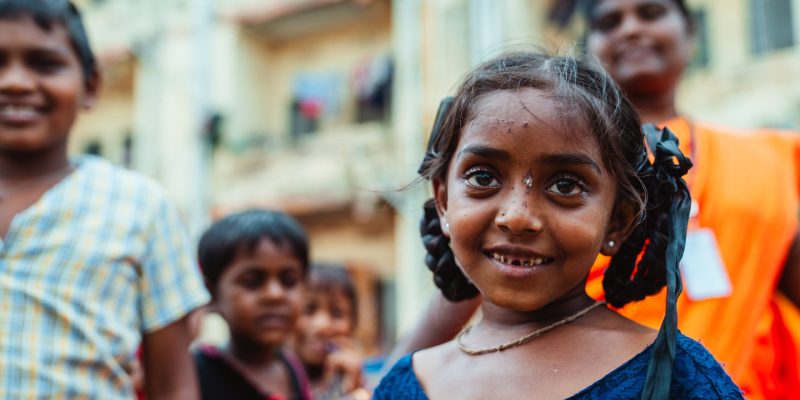CARE TO ACTION supports disadvantaged communities
Through various projects, in collaboration with public authorities and local partners, CARE TO ACTION aims at providing tangible support to economically or caste-disadvantaged communities by offering services and renovating meeting spaces for a sustainable economic and social development.





Stories
CARE TO ACTION collaborates with local partners and maintains constant dialogue with institutions and community leaders in slums, tribal, and rural areas. The majority of interventions is aimed at protecting the more vulnerable individuals, a fundamental element for sustainable community development.
Gammela Vasantha Kumar
The importance of schooling for the leader of the Nooka Dora tribe.
Nimmakuru Ratani
Teaching at an anganwadi, a reference for the entire community.
A few numbers on India
Our projects to support disadvantaged communities
Through its projects, often in collaboration with public authorities, CARE TO ACTION aims at providing concrete support to economically and/or caste-disadvantaged communities. Granting services, restructuring meeting spaces, training staff, providing educational support, monitoring, and helping an awareness path all contribute to the sustainable growth of communities.

TRIBALS
Adivasis live secluded in remote and impervious areas, closely connected with nature, from which they derive all they need to survive. CARE TO ACTION's intervention in tribal areas aims at ensuring access to basic services, such as education and clean water, and at assisting public authorities in introducing additional environmentally and economically sustainable economic sources.

UNTOUCHABLES
Slums are overcrowded urban settlements characterized by poor and dilapidated housing, lack of drainage systems, clean water and basic services such as education, healthcare, and security. There live the untouchables. CARE TO ACTION is committed to ensuring the right to education for children and guiding the most indigent families towards economic autonomy as well as to raising awareness about the importance of education.

RURALS
Through the renovation of Anganwadis, mother and child day-care centers often dilapidated and located primarily in rural areas, CARE TO ACTION supports the entire community. Ensuring safe and secure schools for children, organizing training activities to disseminate information on mother and child health, and promoting proper nutritional practices with the help of educational gardens means concretely to fight against malnutrition and illiteracy.
Ashnee's life
Having school and teachers while living in a tribal area is possible.
